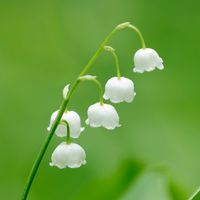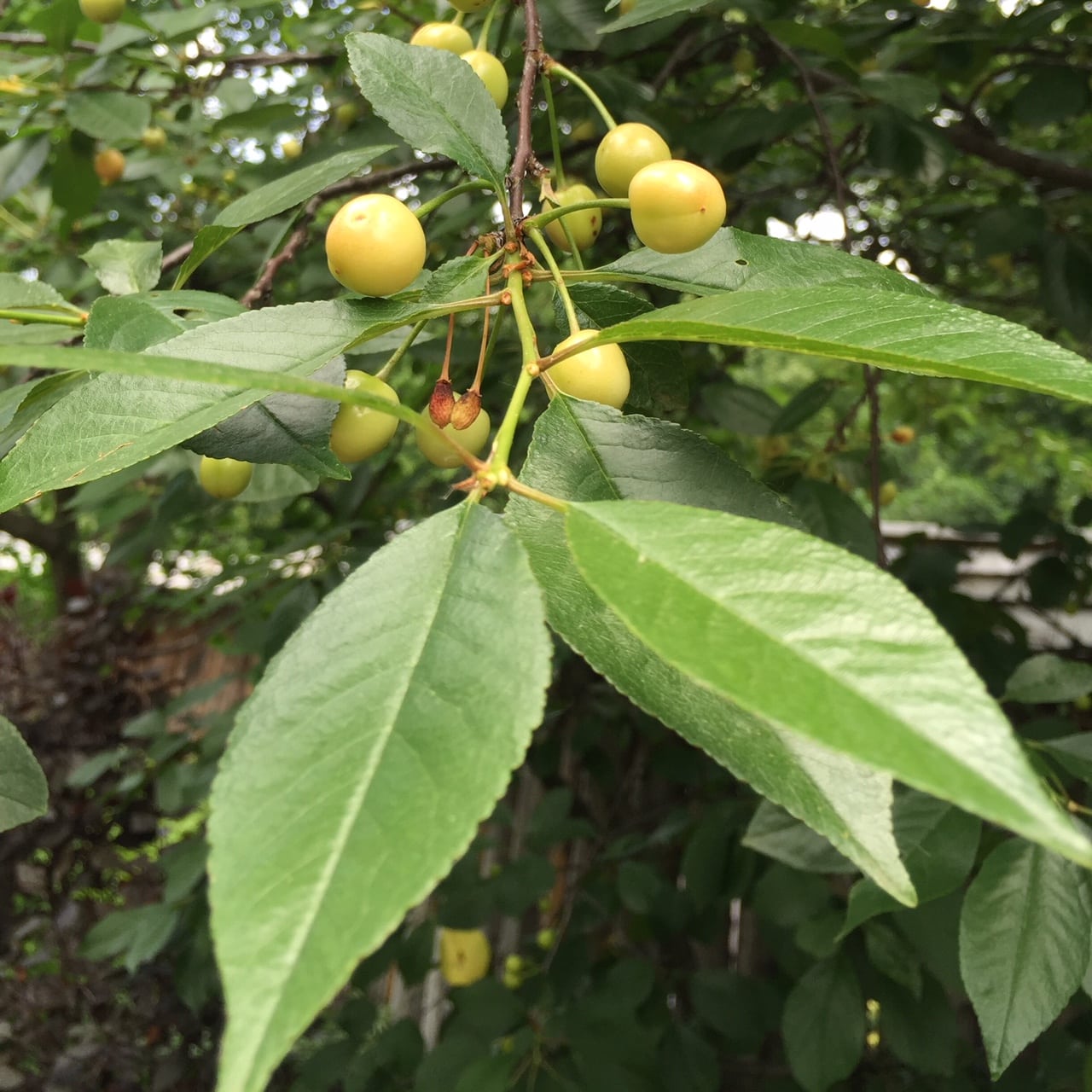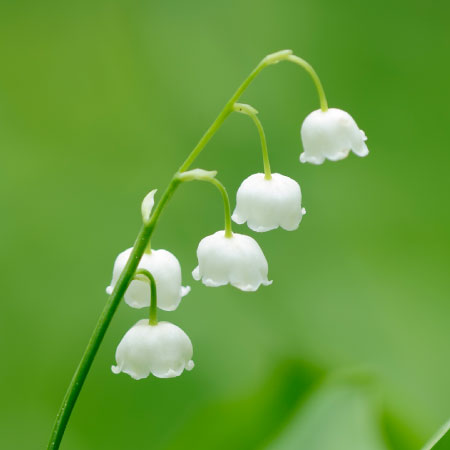Yellow Cherry Varieties: Growing Cherries That Are Yellow


Sign up for the Gardening Know How newsletter today and receive a free copy of our e-book "How to Grow Delicious Tomatoes".
You are now subscribed
Your newsletter sign-up was successful
Mother Nature’s paintbrush has been used in ways we haven’t even imagined. We all have a common familiarity with white cauliflower, orange carrots, red raspberries, yellow corn, and red cherries due to their prevalence in our local supermarkets and farm stands. Nature’s color palette is far more diverse than that though. For instance, did you know that there are orange cauliflower, purple carrots, yellow raspberries, blue corn, and yellow cherries? I don’t know about you, but that makes me feel like I’ve been living a very sheltered existence. For starters, what are yellow cherries? I did not know that there were cherries that are yellow, and now I want to know more about yellow cherry varieties.
What are Yellow Cherries?
Not all cherries are red. As stated earlier, there are cherries that are yellow. In fact, there are several different yellow cherry varieties in existence. Please keep in mind that the term “yellow” references the cherry flesh more than the skin. Most of the cherries categorized as yellow actually have a predominant red blush or tint to their skin with flesh that is characteristically yellow, white, or creamy. Most yellow cherry varieties are hardy to USDA zones 5 through 7.
Popular Yellow Cherry Varieties
Rainier sweet cherry: USDA zone 5 to 8. Skin is yellow with partial to full red or pink blush and creamy yellow flesh. Early mid-season harvest. This cherry variety came to fruition in 1952 in Prosser, WA by crossing two red cherry varieties, Bing and Van. Named after Washington State’s largest mountain, Mt. Rainier, you can celebrate this sweet cherry’s goodness every July 11th for National Rainier Cherry Day. Emperor Francis sweet cherry: USDA zone 5 to 7. This is a yellow cherry with a red blush and a white or yellow flesh. Mid-season harvest. It was introduced to the U.S. in the early 1900's and is considered to be one of the founding clones (major genetic contributor) of sweet cherry. White Gold sweet cherry: An Emperor Francis x Stella cross hardy in USDA zones 5 to 7. This white fleshed cherry has yellow skin with a red blush to it. Mid-season harvest. Introduced by Cornell University fruit breeders in Geneva, NY in 2001. Royal Ann sweet cherry: USDA zone 5 to 7. Originally known as Napoleon, it was later dubbed “Royal Ann” in 1847 by Henderson Lewelling, who lost the original Napoleon name tag on the cherry seedlings he was transporting on the Oregon Trail. This is a yellow skinned type with a red blush and creamy yellow flesh. Mid-season harvest. Some other varieties with yellow cherry fruit include the Canadian varieties Vega sweet cherry and Stardust sweet cherry.
Tips for Growing Yellow Cherry Trees
Growing cherry trees with yellow cherry fruit is no different than those with red cherry fruit. Here are some tips for growing yellow cherry trees: Research the variety you select. Discern whether your chosen tree is self-pollinating or self-sterile. If it is the latter, you will need more than one tree for pollination. Determine the proper spacing for your chosen cherry tree. Late fall is most ideal for a cherry tree planting. Plant your tree in a sunny location where the soil is well-draining and fertile. Know when and how to fertilize your cherry tree. Knowing how much to water a newly planted cherry tree is important too, as is when and how to prune your cherry tree so your trees produce better and more yellow cherry fruit. Sweet and sour cherry tree varieties take three to five years to become fruit bearing. Once they do, however, be sure to have netting in place to protect your crop. Birds love cherries too!
Sign up for the Gardening Know How newsletter today and receive a free copy of our e-book "How to Grow Delicious Tomatoes".

Shelley Pierce was a writer for Gardening Know How, contributing to hundreds of articles for the site.